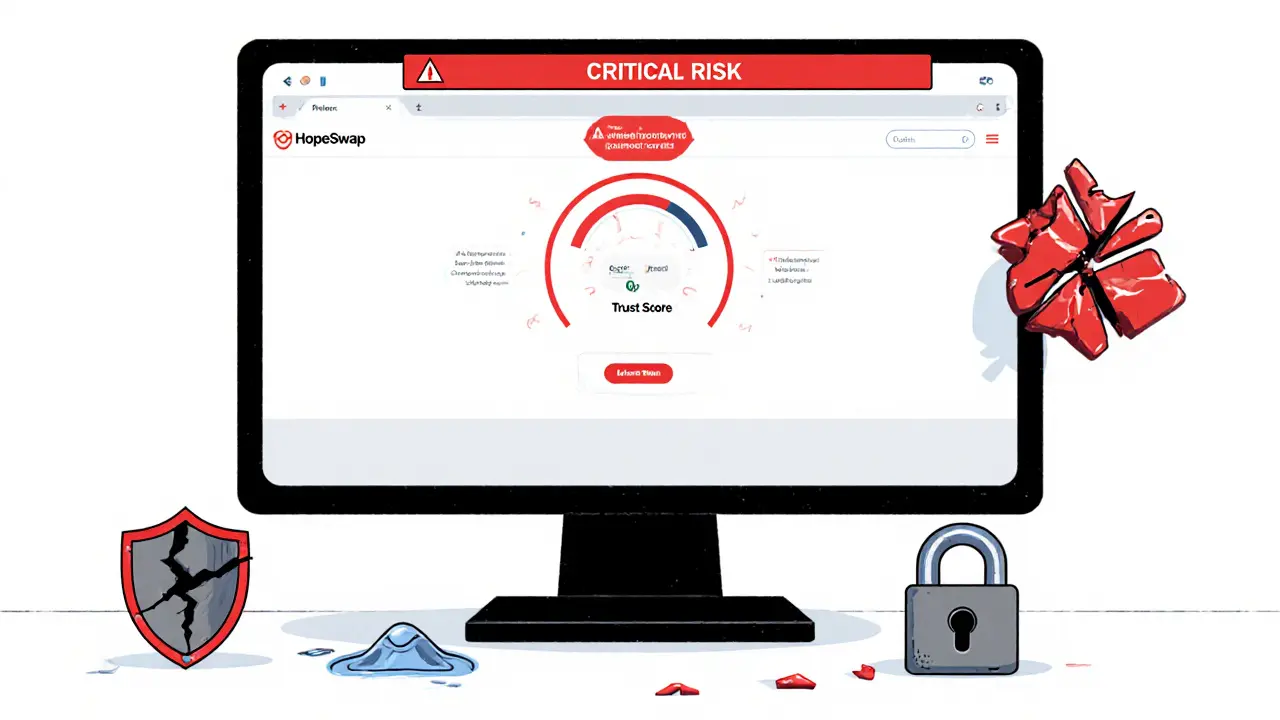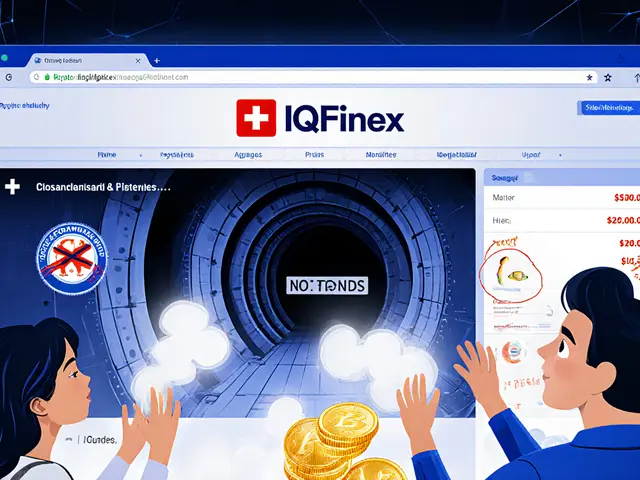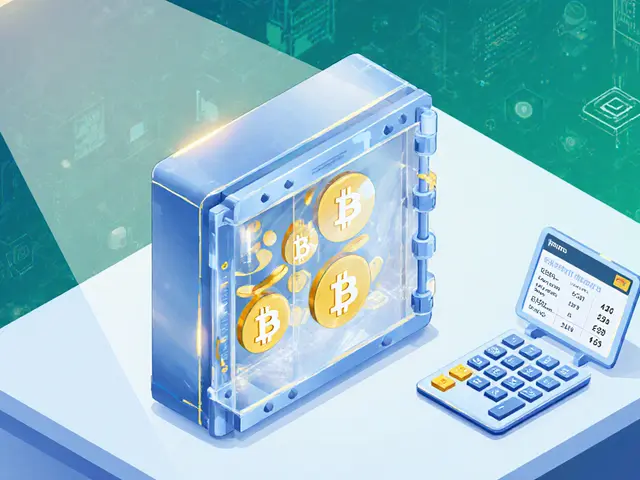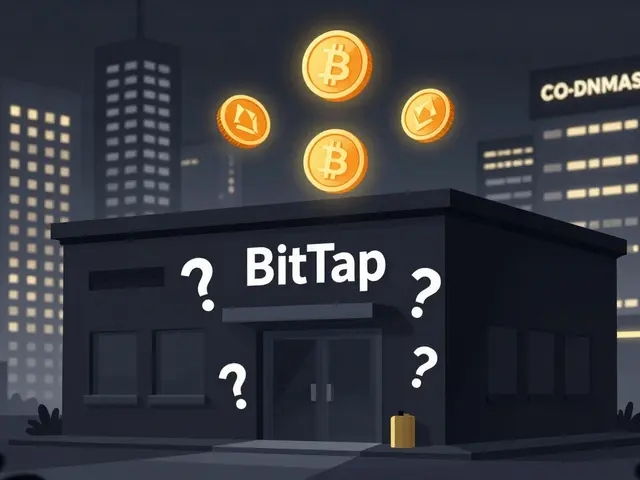Exchange Safety: Protecting Your Crypto Trades
When you start checking exchange safety, the practice of making sure a crypto platform safeguards user assets and personal data. Also known as exchange security, it directly impacts how confident you feel about buying, selling, or holding coins. The first step is to know what a crypto exchange, an online service that lets you trade digital assets for fiat or other tokens actually does. A platform might look slick, but if its security measures are weak, you could lose everything in a single breach. That’s why exchange safety isn’t just a buzzword – it’s a checklist of features you must verify before you deposit a single satoshi.
Key Factors to Evaluate
One of the biggest pillars of exchange safety is security, the set of technical and procedural safeguards like two‑factor authentication, cold storage, and encryption that protect user funds. Look for hardware‑wallet‑grade cold storage, regular third‑party audits, and a clear incident‑response plan. Next, consider regulation, the legal framework that forces exchanges to register, follow anti‑money‑laundering (AML) rules, and submit to financial oversight. An exchange that’s registered with a reputable regulator (for example, the FCA in the UK or the SEC in the US) usually has to meet higher transparency standards, which lowers the risk of sudden shutdowns. Fees also matter – an exchange that hides excessive withdrawal or trading fees can eat into your returns, but ultra‑low fees sometimes signal a lack of resources for robust security infrastructure. Finally, liquidity is a hidden safety factor: high liquidity means you can enter or exit positions without huge price slippage, which is crucial during market turbulence.
Putting these pieces together creates a practical safety net. Start by verifying the exchange’s security tools, then check its regulatory status, skim the fee schedule, and finally test the liquidity depth on the pairs you plan to trade. By treating each of these as a separate checkpoint, you turn a vague concern about “exchange safety” into a concrete, repeatable process. Below you’ll find a curated list of reviews, analysis, and guides that dive deeper into each of these aspects, so you can decide which platform matches your risk tolerance and trading style.
A thorough review of HopeSwap crypto exchange covering trust score, liquidity, security, and how it compares to major platforms, with clear guidance for traders.



 Finance
Finance




